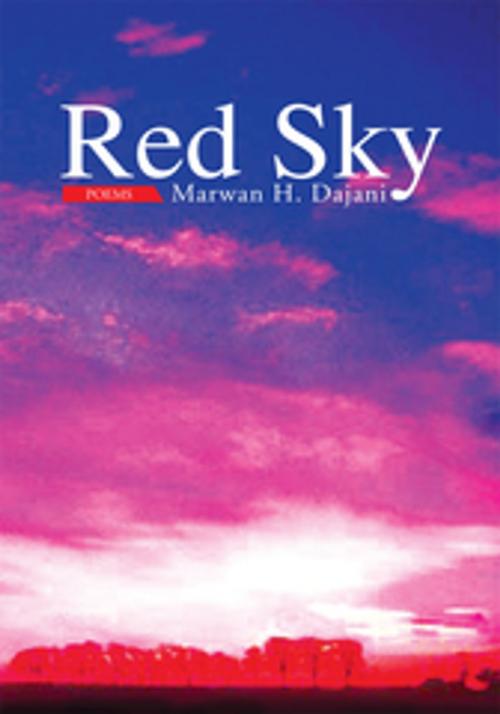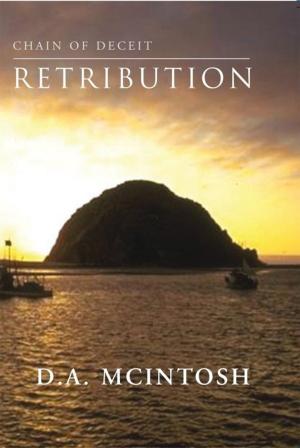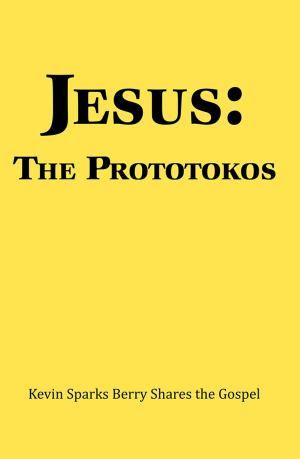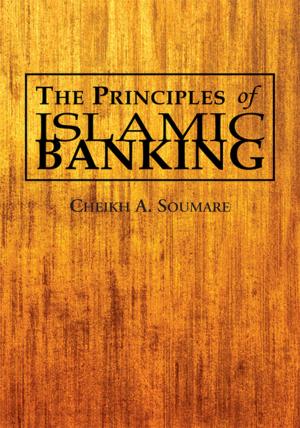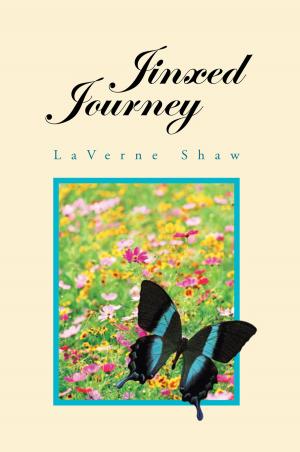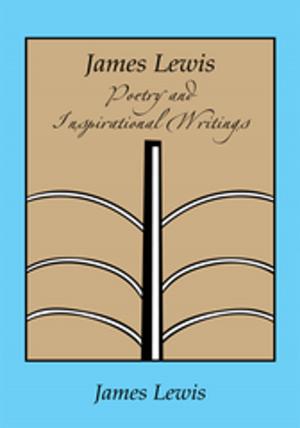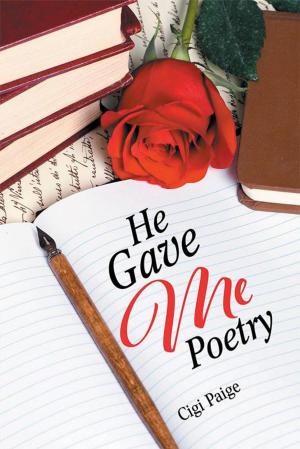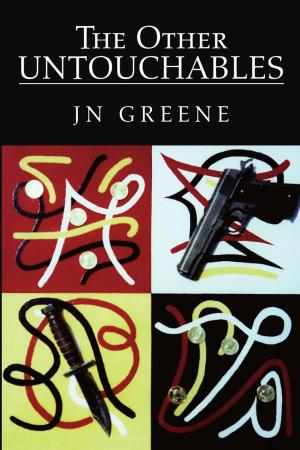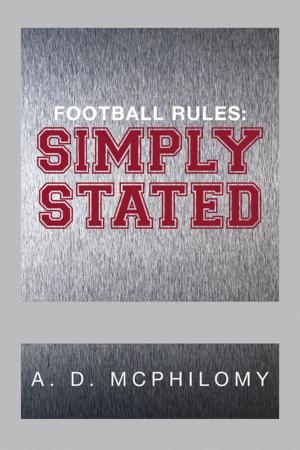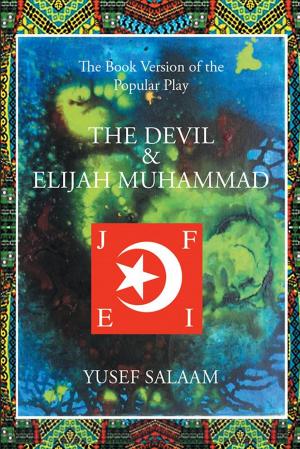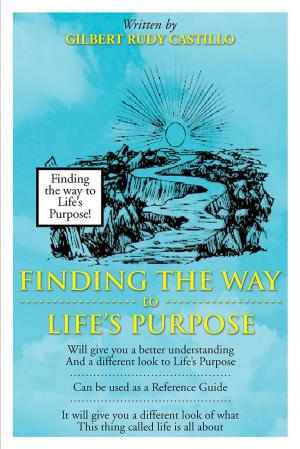| Author: | Marwan H. Dajani | ISBN: | 9781465314468 |
| Publisher: | Xlibris US | Publication: | March 28, 2007 |
| Imprint: | Xlibris US | Language: | English |
| Author: | Marwan H. Dajani |
| ISBN: | 9781465314468 |
| Publisher: | Xlibris US |
| Publication: | March 28, 2007 |
| Imprint: | Xlibris US |
| Language: | English |
Arabs believe that their ancestors composed poetry before they learned reading and writing. The poetic wealth that the elders have left us surpasses, in its richness, meanings and fertility, all what has been written afterwards. For in poetry, the Arabs boasted their achievements, victories, courage and works. They also satirized their enemies, mocked their rivals and faced their opponents. In poetry they also rhapsodized their loved ones, woman she was, or tribe, or country or belief. Poetry for the Arab was the spoken language, the language to express the sincere, honest and spontaneous thoughts, as well as inner most feelings and moods. Poetry was the daily bread for the spirit and relationships and a record for daily encounters and history.
It is not strange that Palestine, in its land, its people, its disaster and tragedy becomes a rich material in our modern days for poets. Nor it is strange that Palestinian prose, and particularly Palestinian information prose, is reflected in a mature, integral and refine poetic ventures.
With little elaboration and simplification the Poetic "weapon" in our struggle against the aggressors in Palestine and those who displaced its people, or poetic moans and cries of poets, substitute some demands for different forms of struggle that other nations use against their enemies or to attract friends.
Beyond cynicism, we confess that poetry has at times nearly moved from the position of supporter and backer of revitalization the people and their uprising against the unjust to the front bunkers in the struggle of the Palestinian / Arab and Israeli/ Zionist arena.
Marwan Dajani is one of the tens of the contemporary Palestinians who have chosen the poetry venue to express their innocent, true and spontaneous nationalistic and humane feelings. But he is one of the very few who took the challenge in a different language than his mother tongue, namely the English Language. In doing so he is trying to send his message, worries, wishes and expectations to the outside world.
Maybe Marwan wants to record the incidents and facts that he and the Palestinian people have passed, and are still passing through. He records what these incidents involved of cruelty, injustice, assaults on laws, regulations and human rights; and expresses the hope of every Palestinian to regain their stolen land and the construction of a just society in their beloved Palestine. Marwan records all this in an artistic and committed style that steers away (but does not contradict) the true historical facts, scientist search, and information diffusion. Marwans poetry is a key that we hope the foreign reader can use to open the records of the Palestinian tragedy to know the truth that has evaded them for a long time. He is inviting the world to see facts as they really are and not as Zionist propaganda has faked and mutilated for over a century. Marwan also seizes the opportunity to expose his feelings and expectations in non-political matters that relate to family, religion, and reform matters.
A man with a message, Marwan relates the truth without trying to use diplomatic sanctions and reservations which always strangle the truth and leaves the door for false accusations. The strength of his message lies in its truth, spontaneity and innocence; not in its rhyme, bright images, or sweet progressing. Marwan is not a professional poet, he is a natural poet, and here lies the richness of his poetry.
Arabs believe that their ancestors composed poetry before they learned reading and writing. The poetic wealth that the elders have left us surpasses, in its richness, meanings and fertility, all what has been written afterwards. For in poetry, the Arabs boasted their achievements, victories, courage and works. They also satirized their enemies, mocked their rivals and faced their opponents. In poetry they also rhapsodized their loved ones, woman she was, or tribe, or country or belief. Poetry for the Arab was the spoken language, the language to express the sincere, honest and spontaneous thoughts, as well as inner most feelings and moods. Poetry was the daily bread for the spirit and relationships and a record for daily encounters and history.
It is not strange that Palestine, in its land, its people, its disaster and tragedy becomes a rich material in our modern days for poets. Nor it is strange that Palestinian prose, and particularly Palestinian information prose, is reflected in a mature, integral and refine poetic ventures.
With little elaboration and simplification the Poetic "weapon" in our struggle against the aggressors in Palestine and those who displaced its people, or poetic moans and cries of poets, substitute some demands for different forms of struggle that other nations use against their enemies or to attract friends.
Beyond cynicism, we confess that poetry has at times nearly moved from the position of supporter and backer of revitalization the people and their uprising against the unjust to the front bunkers in the struggle of the Palestinian / Arab and Israeli/ Zionist arena.
Marwan Dajani is one of the tens of the contemporary Palestinians who have chosen the poetry venue to express their innocent, true and spontaneous nationalistic and humane feelings. But he is one of the very few who took the challenge in a different language than his mother tongue, namely the English Language. In doing so he is trying to send his message, worries, wishes and expectations to the outside world.
Maybe Marwan wants to record the incidents and facts that he and the Palestinian people have passed, and are still passing through. He records what these incidents involved of cruelty, injustice, assaults on laws, regulations and human rights; and expresses the hope of every Palestinian to regain their stolen land and the construction of a just society in their beloved Palestine. Marwan records all this in an artistic and committed style that steers away (but does not contradict) the true historical facts, scientist search, and information diffusion. Marwans poetry is a key that we hope the foreign reader can use to open the records of the Palestinian tragedy to know the truth that has evaded them for a long time. He is inviting the world to see facts as they really are and not as Zionist propaganda has faked and mutilated for over a century. Marwan also seizes the opportunity to expose his feelings and expectations in non-political matters that relate to family, religion, and reform matters.
A man with a message, Marwan relates the truth without trying to use diplomatic sanctions and reservations which always strangle the truth and leaves the door for false accusations. The strength of his message lies in its truth, spontaneity and innocence; not in its rhyme, bright images, or sweet progressing. Marwan is not a professional poet, he is a natural poet, and here lies the richness of his poetry.
